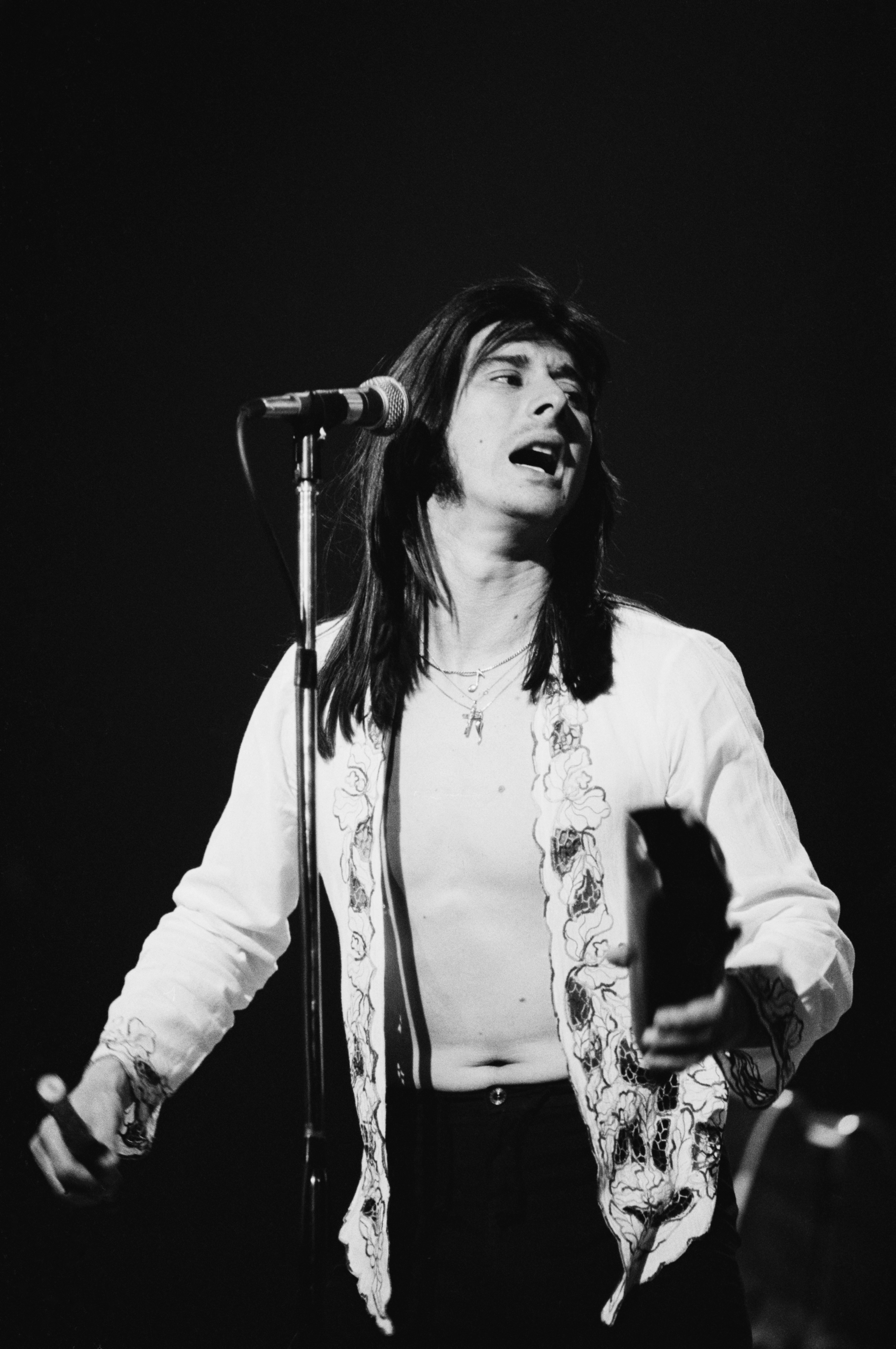Steve Perry: From Rock Legend to Silence and Back
The “Don’t Stop Believin’” singer stunned fans when he walked away from music at the height of his fame. Decades later, Rolling Stone named Steve Perry one of the greatest singers of all time. Now, his journey through heartbreak, loss, and healing comes into focus.
From Arena Icon to Vanishing Act
Perry’s influence never faded, even during his years away from the spotlight. Born on January 22, 1949, he rose to rock legend status with anthems like Oh Sherrie, Don’t Stop Believin’, and Open Arms. His soulful voice shaped a generation of rock artists, including Chris Daughtry, Chad Kroeger, and Rob Thomas.
Randy Jackson, his former bandmate and American Idol judge, praised Perry as “one of rock’s most distinctive voices.” He said, “Other than Robert Plant, there’s no singer in rock that even came close to Steve Perry. The power, the range, the tone — he created his own style.”
The Voice That Changed Everything
Perry discovered his passion for singing at age 10, inspired by Sam Cooke’s Cupid on his mother’s car radio. After college, he joined Journey at 28, transforming the band’s sound with his operatic alto and emotional delivery.
In 1977, Journey, then a modest jazz-rock band, recruited Perry. His partnership with guitarist Neal Schon reshaped their music into stadium-ready rock. Together, they produced eight multi-platinum albums and toured relentlessly—until Perry, exhausted, stepped away in 1987.

Steve Perry performing with American rock group Journey on their ‘Infinity’ tour in 1978 | Source: Getty Images
A Ghost in the Music World
After a brief solo run in 1994 and the 1996 reunion album Trial by Fire, Perry disappeared from the public eye for almost 20 years. Reflecting on this period, he told the BBC:
“I was wrung out like a sponge. There was just no juice in my heart for music, and it really scared the hell out of me. But I knew intuitively that if I kept going, I’d have a hole in my soul that would get bigger and bigger.”
He returned to his hometown in California’s San Joaquin Valley, seeking peace in motorcycle rides and quiet visits to his grandparents’ graves. In a 2018 radio interview, he added, “We’d worked so hard and had great success. But with that success came a serious schedule […] I just hit the wall and started to lose my passion for singing.”
Love, Loss, and a Life-Changing Promise
During his absence, Perry met Kellie Nash, a psychology PhD candidate battling breast cancer. They were introduced through director Patty Jenkins while Perry shadowed her on a film set. He recalled, “Her smile killed me. I felt like I knew her somehow, and I had never met her before.”
Despite her illness, they grew close. Nash later made Perry promise not to retreat from life. “I made a commitment to Kellie and then a commitment to myself to complete it,” he said. She passed away on December 14, 2012.
A Return Fueled by Grief and Grace
Inspired by Nash, Perry returned to music after a 20-year hiatus with his 2018 album, Traces. On Good Morning America, he explained, “It was a dream come true to be in Journey and to be in front of all these fans that loved our music […] so to walk away, I had to turn my heart down. Meeting Kellie turned my heart back up.”
He also faced health challenges. In 2013, Perry revealed a melanoma scare, undergoing two surgeries to remove all cancer cells.
A Voice That Endures
Through Traces and every performance since, Perry honors Nash and the music that immortalized him. Today, his voice continues to echo across generations—a symbol not only of an era but of resilience, healing, and the power of love.